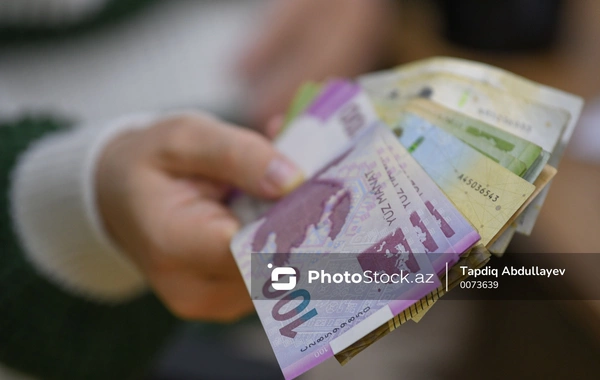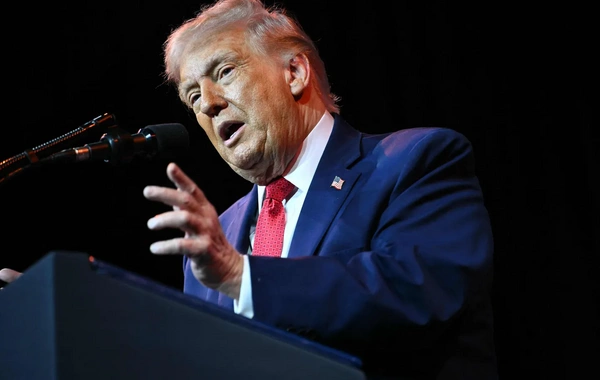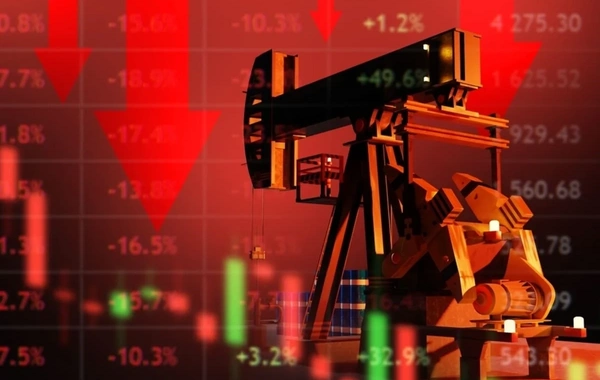Ruble will collapse in April - what will happen to the manat? - STATEMENT
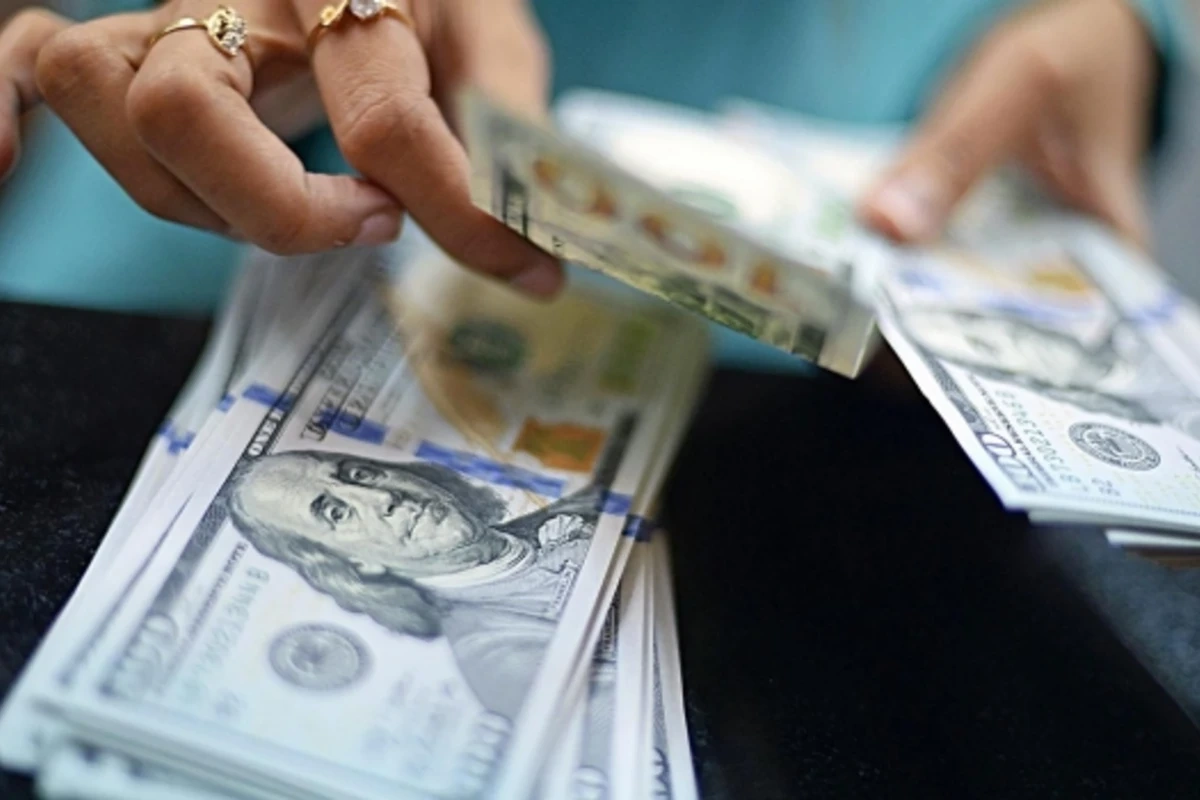
During the period of global economic crisis, the political and economic situation in many countries leads to an increase in the price of goods. This phenomenon is also clearly observed in neighboring states.
In Russia, which has faced numerous prohibitions in the conditions of war, the crisis is particularly pronounced. In this context, the Russian ruble continues to depreciate.
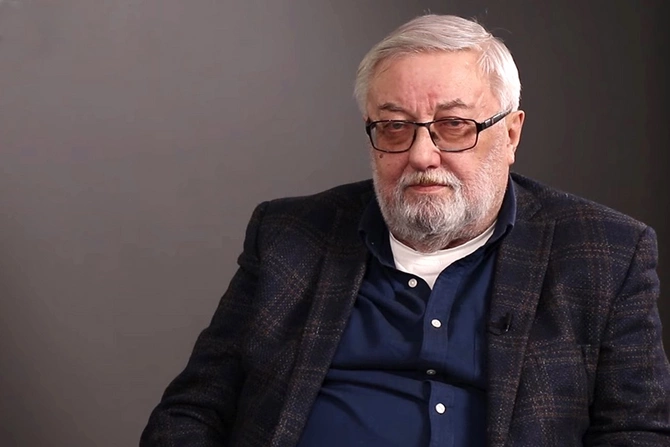
According to the forecast of renowned world economist Georgy Ostapkovich, in April the depreciation of the ruble will continue rapidly. This will lead to an increase in the dollar's value both in Russia and in neighboring countries.
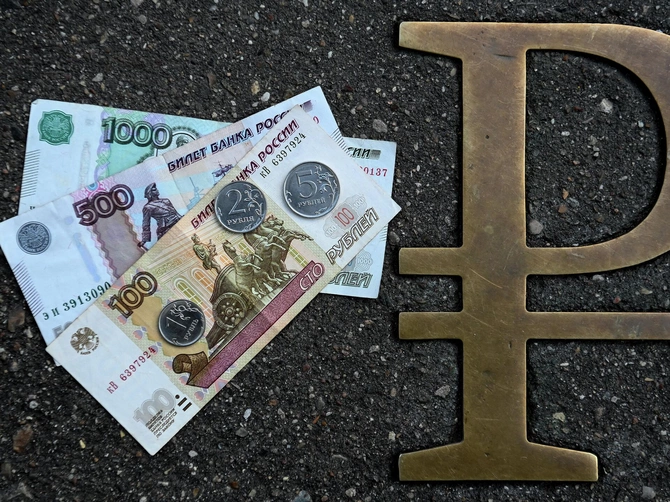
The expert noted that this process from a macroeconomic point of view is normal. Given the current oil prices and the state of the government budget, a strong ruble is considered economically disadvantageous.
Taking into account that a large part of our economy and workforce is directly connected to Russia, the economic crisis in our northern neighbor cannot but cause concern. How will this process affect Azerbaijan, which closely cooperates economically with Russia?
To clarify this and other questions, BAKU.WS turned to well-known economist and deputy Vugar Bayramov.
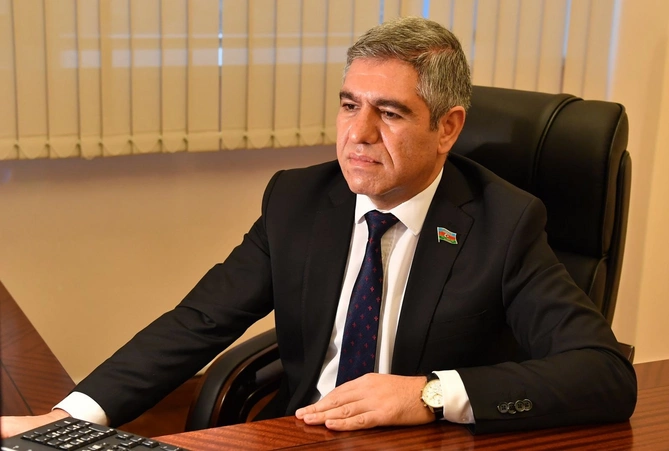
The deputy stated that the ruble exchange rate depends not only on economic factors but also on the political situation. This is confirmed by the direct influence of the Russian-Ukrainian conflict on the Russian currency rate.
"The ruble exchange rate will depend on the course of the Russian-Ukrainian conflict and negotiations in this direction. The ruble rate is influenced by the volume of currency entering Russia, as well as Russian-American relations.
These are precisely the factors that determine the ruble exchange rate. Despite numerous sanctions against Russia, recently we have observed relative stability of the ruble. The fate of the ruble exchange rate this month directly depends on the political course that Russia will pursue," emphasized V. Bayramov.
The expert notes that there is a reduction in the volume of money transfers from Russia to Azerbaijan. This is directly related to the decrease in income of Azerbaijani entrepreneurs and compatriots working in the northern neighboring country:
"In the last months of 2024, there was also a reduction in the volume of money transfers to Azerbaijan. In addition, Russia is Azerbaijan's partner in non-oil exports. More than 30 percent of Azerbaijan's non-oil exports worth $3.4 billion go to the Russian market. Especially for small and medium-sized businesses, the Russian market and the ruble exchange rate are of great importance in this context. There is some instability in the US dollar exchange rate. The dollar, which was strengthening some time ago, has now somewhat weakened against the euro. This depends on the situation in the USA.
Since the two-month economic indicators in America did not create a basis for strengthening the dollar. Both consumer spending decreased and inflation was higher than predicted."
According to V. Bayramov, the manat exchange rate will directly depend on the position of the Central Bank:
"Since Azerbaijan has not switched to a floating exchange rate system, the position of the Central Bank remains decisive in determining the fate of the manat. Of course, the volume of currency entering the country and the price of oil on the world market are very important factors in this context. After all, the state of the balance of payments is among the factors that directly affect the manat exchange rate. In this context, we observe that the balance of payments, including the currency entering the country and the world oil price, are considered as the main factors in determining the manat exchange rate. The Central Bank, naturally, determines the manat exchange rate taking these factors into account."
Similar News
The payment date for pensions for January is now known
The date of January pension payments in Baku, Sumgayit and Absheron district has been announced. The corresponding transfers are scheduled for the middle of the...




 Azərbaycanca
Azərbaycanca  По-русски
По-русски  English
English 
